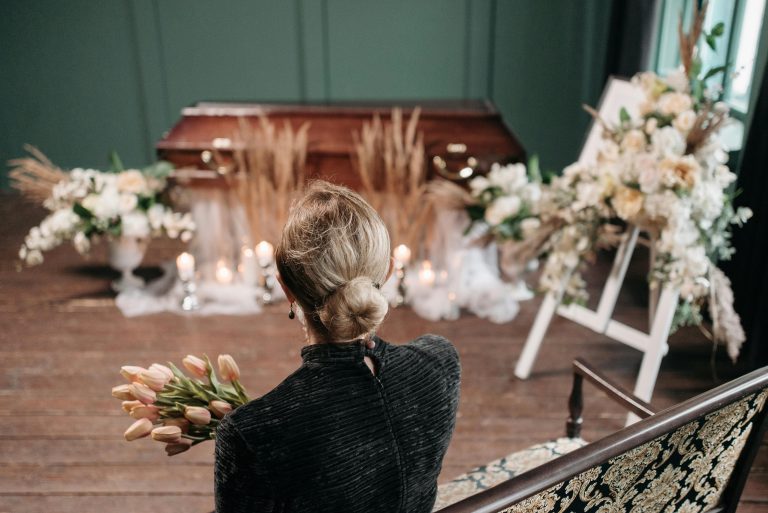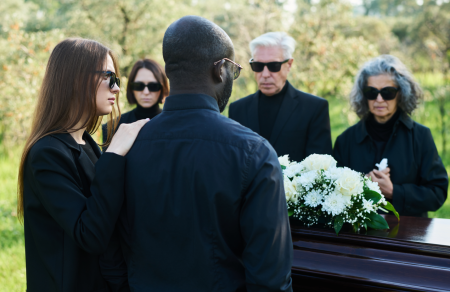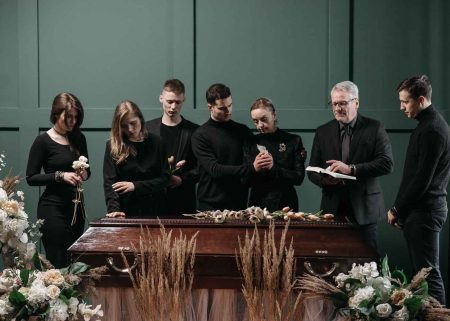In the past, funeral planning was something typically reserved for older adults or individuals facing terminal illness. But in recent years, a shift in attitude has emerged—one that sees younger generations embracing the idea of preparing for end-of-life decisions well in advance.
This change reflects evolving values around autonomy, financial responsibility, and emotional wellness. For many young adults, preplanning a funeral isn’t a morbid exercise—it’s a practical, empowering choice.
Redefining Responsibility in Adulthood
As younger generations navigate adulthood in a rapidly changing world, there’s a growing desire to take proactive control of life’s key decisions. This includes not only saving for retirement or investing in insurance but also making intentional plans for what happens after death. Rather than viewing it as a taboo topic, many millennials and Gen Zers see funeral planning as an essential part of adulting.
This mindset is supported by an increased awareness of the emotional and financial burdens left behind when end-of-life arrangements are left unsettled. With more access to resources and digital platforms that simplify the process, young adults are becoming more inclined to take care of it early—especially if they’ve personally experienced the stress of planning a loved one’s funeral without guidance.
Embracing Personalization and Control
Today’s younger generations value individuality, and that outlook naturally extends to funeral planning. The desire for personalization in all life events—weddings, careers, and even daily routines—encourages many to extend that same autonomy to their final farewells.
Preplanning allows them to choose details that reflect their beliefs, values, and personality. Whether it’s selecting music, choosing cremation over burial, or requesting an environmentally conscious service, individuals can ensure that their wishes will be honored. This level of control resonates with those who prefer not to leave important decisions to others.
Managing Costs and Minimizing Burden
The rising cost of living has prompted many young adults to become financially savvy earlier in life. Preplanning funeral arrangements aligns with this financial consciousness by helping individuals lock in costs before they rise and avoid unexpected expenses for their families. It also gives them time to explore options that align with their budget and preferences.
By addressing these costs head-on and well in advance, young adults can ensure that their loved ones are not burdened during an already emotionally difficult time. This foresight is especially appealing to those who have experienced the challenges of sudden loss and the toll it takes on survivors who are left to coordinate logistics and payments.
Responding to Cultural Shifts and Life Events
The trend toward early funeral planning is also influenced by larger societal shifts. Conversations around mental health, mortality, and holistic wellness are becoming more normalized, which makes it easier for younger people to talk openly about death. Additionally, global events—such as the pandemic—have brought the unpredictability of life into sharper focus for all age groups.
For some, experiencing loss at a young age has prompted them to plan ahead for their own end-of-life arrangements. For others, it’s a way of aligning with a growing cultural emphasis on preparedness, transparency, and legacy building. As a result, preplanning is no longer seen as something tied solely to aging but rather to self-awareness and maturity.
Reinforcing Peace of Mind for the Future
Although it may seem unconventional, more young people are recognizing that preparing for the future means thinking beyond just the next career move or family milestone. Taking care of end-of-life decisions early offers peace of mind, both for themselves and for their loved ones. It removes ambiguity and ensures that their voice is part of the planning process—no matter when that time comes.
As preplanning funeral arrangements becomes a more common practice among younger generations, it’s clear that this isn’t just a fleeting trend. It reflects a deeper shift in how individuals view responsibility, care for others, and the importance of planning holistically for every stage of life.
Younger adults are increasingly preplanning funerals, seeing it as a proactive step for peace of mind and to ease future burdens on loved ones, shifting the perception from a morbid task to one of personal responsibility.
Early funeral planning allows young adults to offer a clear gift to loved ones, reflecting their life and values. This foresight spares families emotional distress and disagreements, letting them grieve rather than navigate complex arrangements. It shows a generation valuing preparedness and open communication, even about death.










